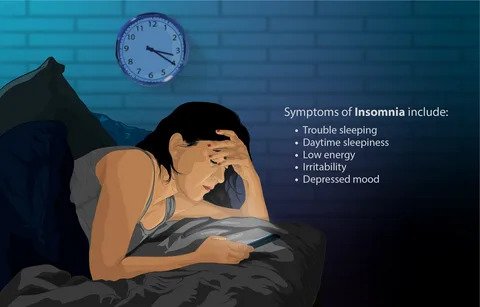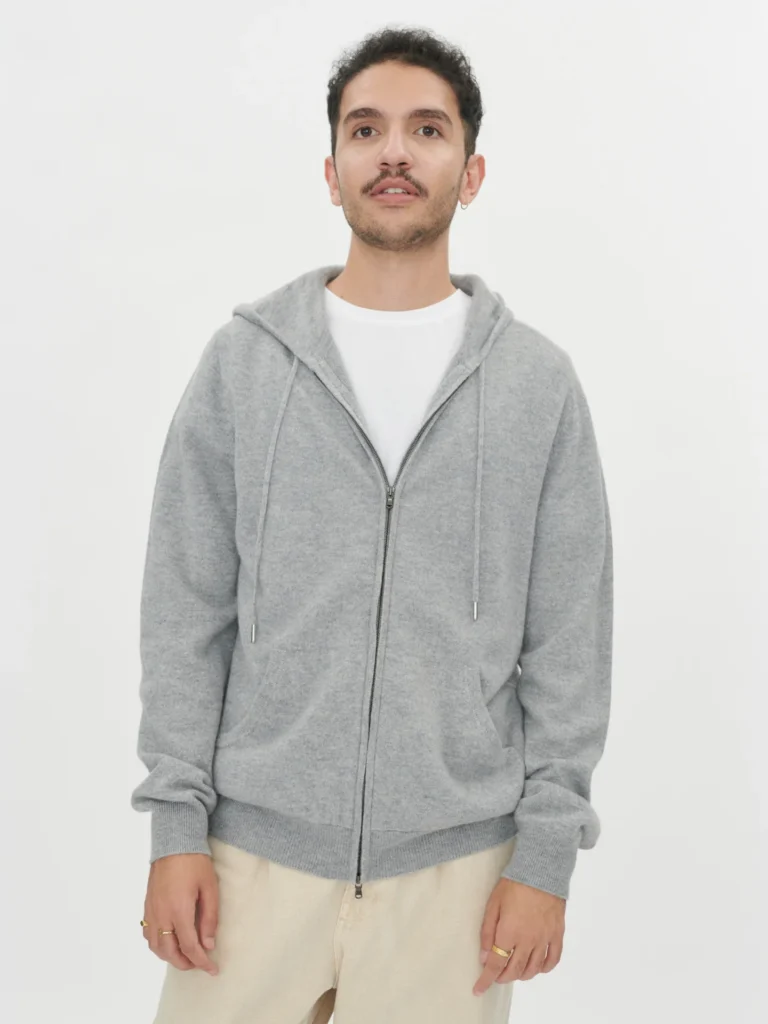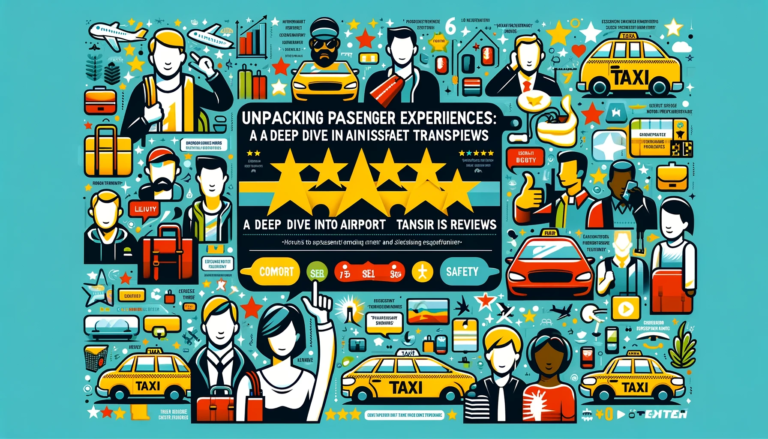Treating Insomnia: Handling Jet Lag and Sleep Interruptions
An Overview of Sleep Medicine for Travelers
Even though traveling might be thrilling, there are a lot of disadvantages, such as jet lag and inconsistent sleep cycles. Whether for business or pleasure, many people find it difficult to fall asleep, stay asleep, or adjust to new sleep schedules when they travel between time zones. This article looks at insomnia treatment programs created specifically for travelers, with a focus on coping mechanisms for jet lag and managing sleep disruptions caused by frequent travel.
Understanding Jet Lag and Sleep Disruptions
Fundamentals of jet lag Your body’s circadian rhythm, or internal clock, is out of sync with the local time where you are visiting, which causes jet lag. This mismatch may cause symptoms such as insomnia, fatigue during the day, irritability, gastrointestinal issues, and difficulty concentrating.
In addition to jet lag, travelers may have trouble sleeping for a variety of reasons, including as unfamiliar places, noise, adjustments in bed comfort, and travel-related stress. These disruptions can affect sleep quantity as well as quality, which can affect travel experiences and overall wellbeing
Techniques for Managing Sleeplessness in Travelers
Pre-Travel Planning: Having a strategy in place before you leave will assist minimize sleep disruptions. Gradually shifting sleep cycles a few days before departure to align with the destination’s time zone aids in the transition and reduces the impact of jet lag after arrival.
Control of Light Exposure:
The regulation of circadian rhythm depends on light. When you get to your location, turning on bright artificial light or the sun in the morning can help your body wake up, and turning out the lights at night promotes relaxation and helps you get ready for sleep.
Melatonin Supplementation
Melatonin is a hormone involved in sleep-wake cycles that can be given as a supplement to help reset circadian clocks and increase sleep onset at the destination. Following recommended dosages and timing guidelines is essential for treating insomnia effectively without disrupting the body’s natural melatonin production.
Sleep Hygiene Practices of Travelers
Create a Calm Environment: Even when traveling and staying in different accommodations, you may still enhance the quality of your sleep by making improvements to your sleeping environment. Use eye masks, white noise generators, or earplugs to block out distractions as you sleep. Make sure your mattress is comfortable as well.
Maintain Your Routine:
Try to maintain as regular a wake and sleep schedule as you can, even when traveling, by supporting more sleep continuity and strengthening your body’s internal clock. Steer clear of coffee and heavy foods shortly before bed to facilitate sleep.
Mindfulness Meditation:
Practicing mindfulness techniques like progressive muscle relaxation, deep breathing, or guided meditation before bed can help reduce stress, promote relaxation, and prepare the mind for sleep. This is especially useful while traveling through unfamiliar or uncomfortable places.
Stretching and yoga:
These mild yoga poses and stretches improve circulation, ease travel-related stress, and promote relaxation, all of which contribute to better-quality sleep.
Methods for Treating Insomnia While in Flight
Adjust Sleep routine: Try to arrange your sleep routine to fall in line with the nighttime hours at your destination if you are traveling on a long-haul flight that crosses several time zones. Ensure that the cabin is comfortable for sleeping by employing cushions, earplugs, and eye masks.
Remaining hydrated and avoiding stimulants are crucial since dehydration intensifies the symptoms of jet lag. Avoid alcohol and caffeine as much as possible as they can dehydrate you and interfere with your sleep.
Readjusting and Recuperating After Travel
Gradual Adaptation:
Give yourself a few days to fully adjust your body to the new time zone. Be gentle with yourself as you eventually acclimate to the sleep rhythms and habits of the area.
Utilize Natural Light:
Spending time outside during the day at your destination aids in supporting your body’s circadian rhythm and resetting your internal clock to the new time zone.
Looking for Professional Guidance
Consulting Sleep Specialists:
For those who travel frequently or experience regular sleep disturbances, sleep medicine specialists can provide customized treatment plans for insomnia, diagnostic assessments, and guidance on how to effectively manage jet lag and sleep disruptions.
Behavioral Therapies:
Specifically created for travelers, the techniques of Cognitive Behavioral Therapy for Insomnia (CBT-I) can assist with anxiety related to sleep, promote healthy sleeping habits, and enhance the quality of sleep before, during, and after travel.
To sum up
In order to effectively manage jet lag and sleep problems, preventive techniques, excellent sleep hygiene, and mindfulness practices are utilized in addition to short-term drugs for treating insomnia in travelers. Travelers who prioritize pre-travel planning, create ideal sleep environments, use calming techniques, and seek professional assistance when needed can enhance both the quality of their sleep and their general well-being. By taking a deliberate approach to sleep health, travelers may rest easy knowing they have what it takes to handle jet lag and enjoy restful evenings wherever their travels take them.







